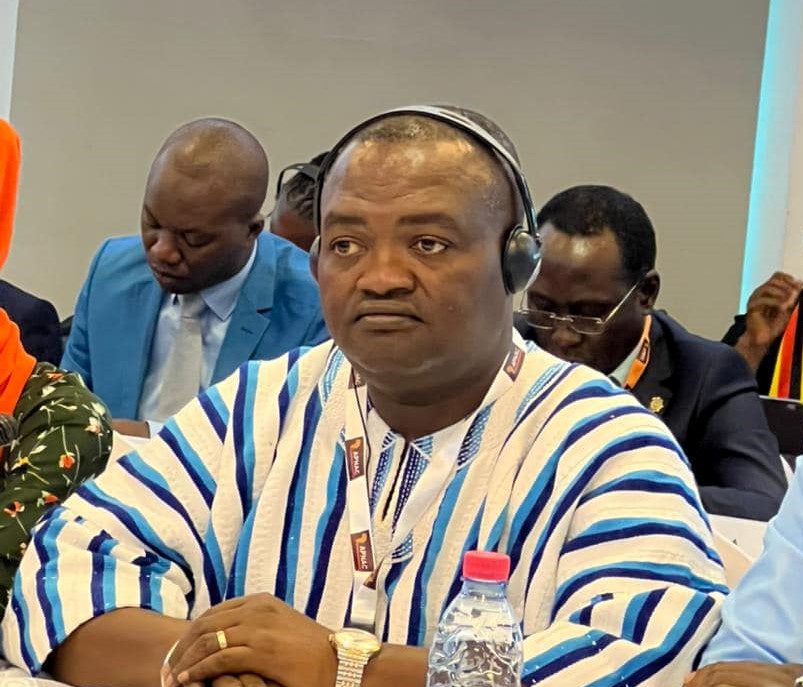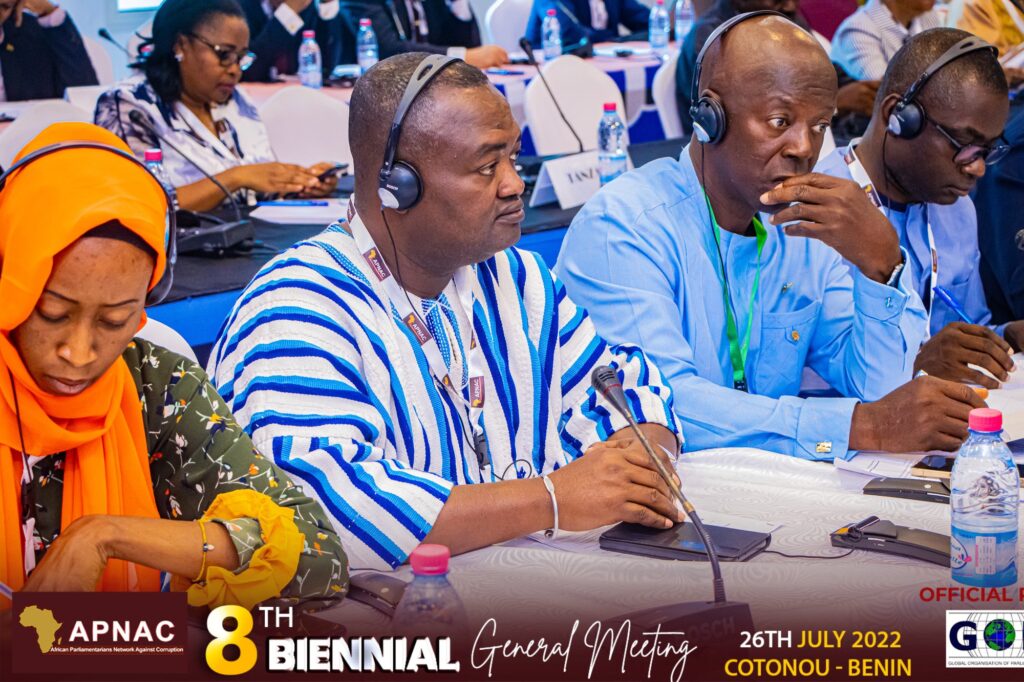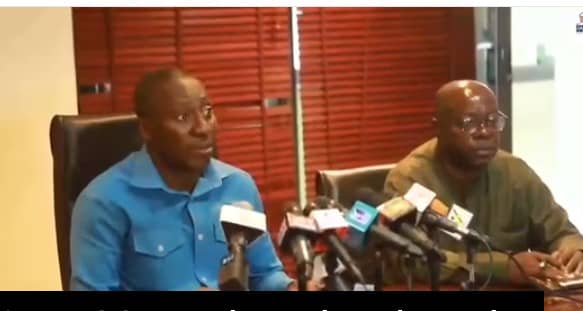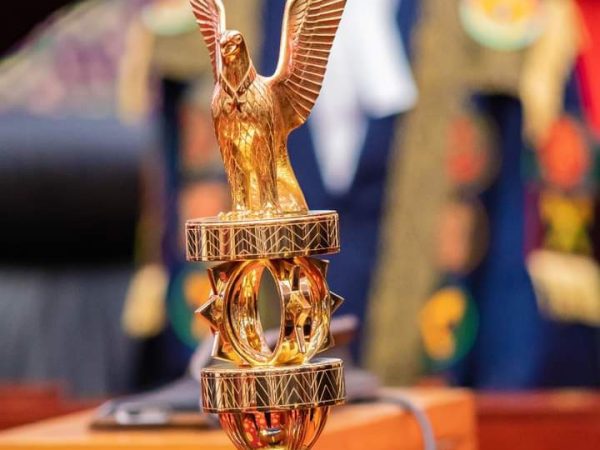Monetization in Politics eroding Effort to fight Corruption –Dr. Marfo tells APNAC
A member of Ghana’s Chapter of Africa Parliamentarians Network against Corruption (APNAC), Dr. Emmanuel Marfo has called on the regional anti-corruption association to take steps to regulate monetization in politics as part of measures to fight corruption.
He said it has resulted in a situation where only the rich or money-bags can only contest for political offices and those who have ideas and are capable of delivering the results but do not have money will be voted out as they do not have money to pay for votes.
.Hon Dr. Marco, MP for Oforikrom made the call at the 8th Biennial General Meeting of the Africa Parliamentarians Network against Corruption at Cotonou, Benin on Wednesday, July 27, 2022.
He said there was no doubt we cannot play politics without money but a situation where money is placed above every other factor is not democracy and such continue to influence corruption.
He stressed that APNAC must also summon the political will to take good governance seriously by ensuring respect for human rights and the rule of law to make regulations on the monetization of politics,
Dr. Marfo said for a successful fight against corruption, Africa must strengthen democratization and promote transparency and capability in public administration.

He urged APNAC to assist African states to enact regulations that would help reform political elections to promote economic growth, noting that monetization if not stopped would inconveniently derail the gains made in the fight against corruption.
APNAC is an anti-graft organization aimed at coordinating, involving and strengthening the capacities of African parliamentarians to fight corruption and promote good governance.
It was formally formed in 1999 in Kampala, Uganda; APNAC has promoted accountability, transparency, and public participation in the processes of government, as the best ways to control corruption.
Its membership is drawn mostly from the elected representatives of the people known commonly as Members of Parliament.
The objectives of APNAC are to build the capacity of parliamentarians to exercise oversight roles, especially on financial matters.
It is also aimed to share information on best anti-corruption strategies and practices, promote projects to control corruption based on best practices and as well cooperate with other organizations and civil society members with shared objectives.

Source: Felix Nyaaba/Benin







